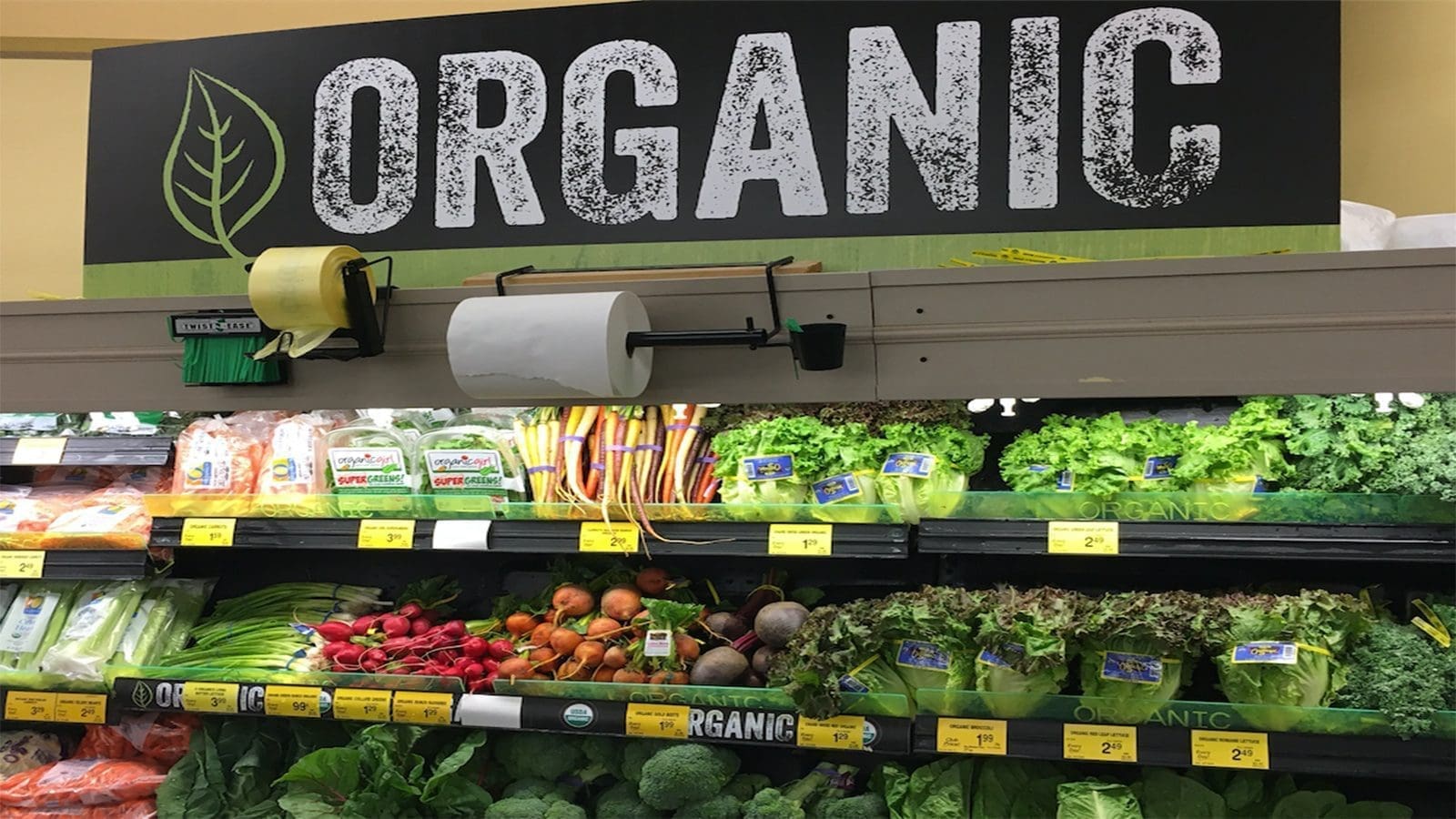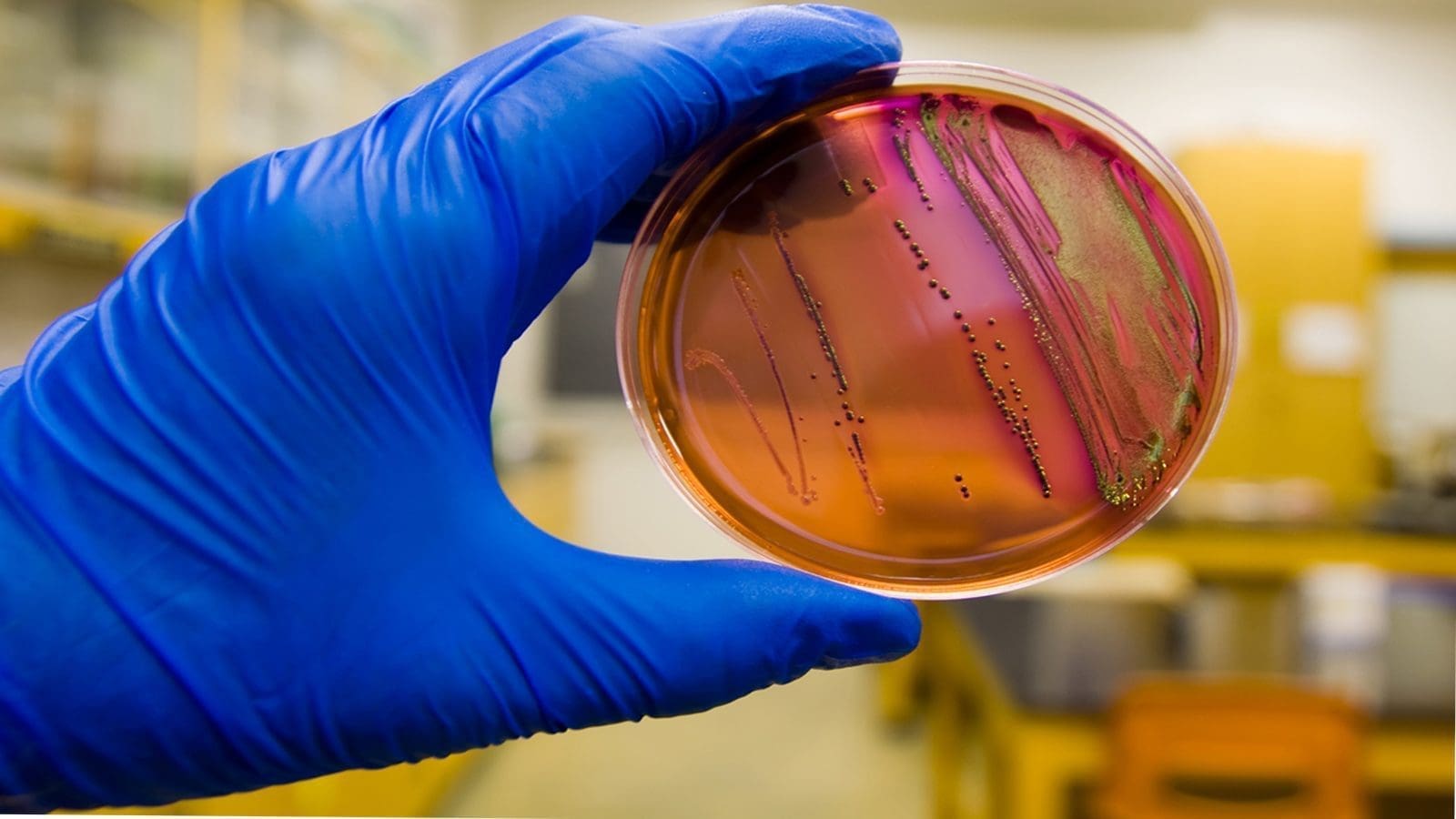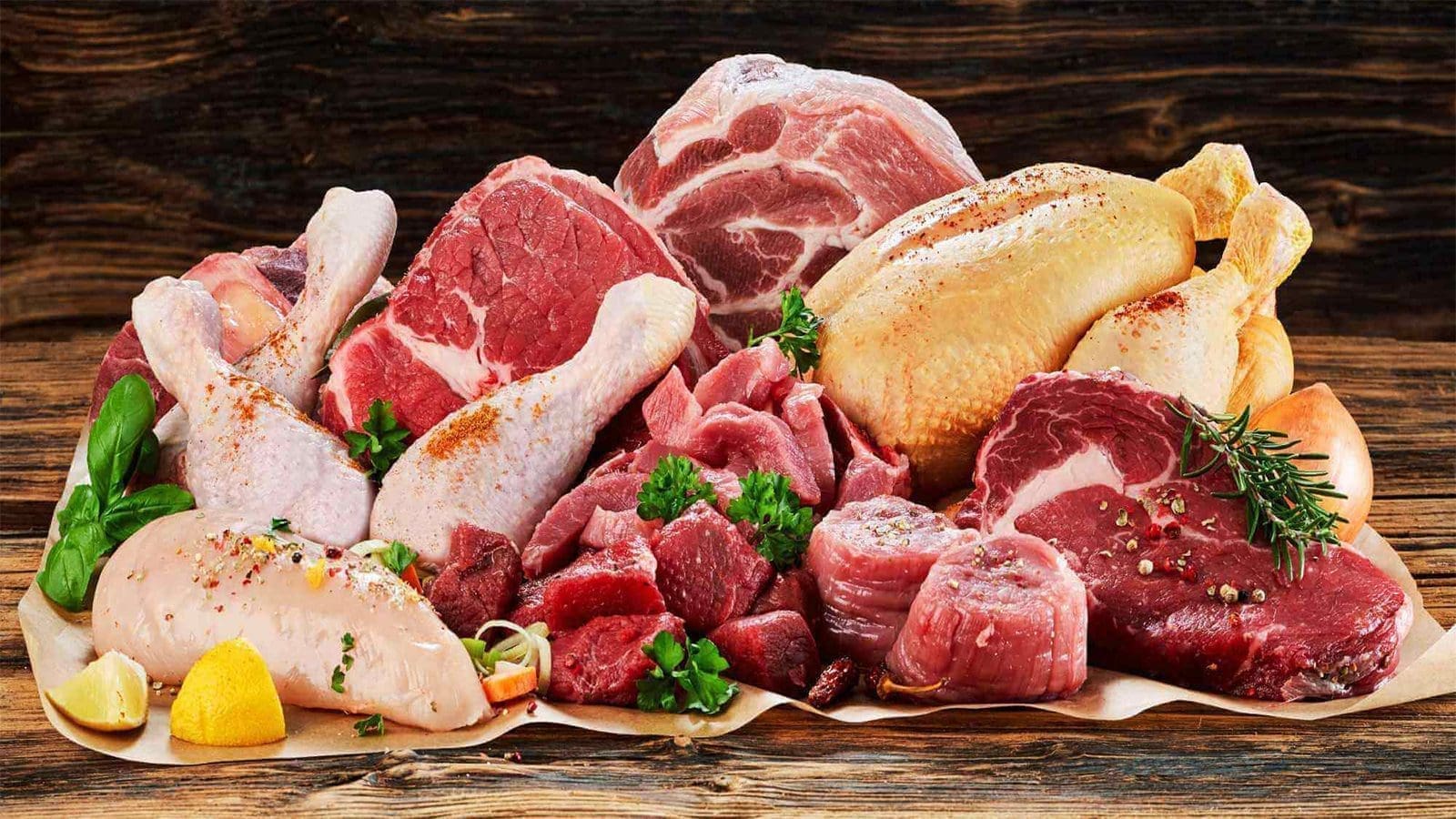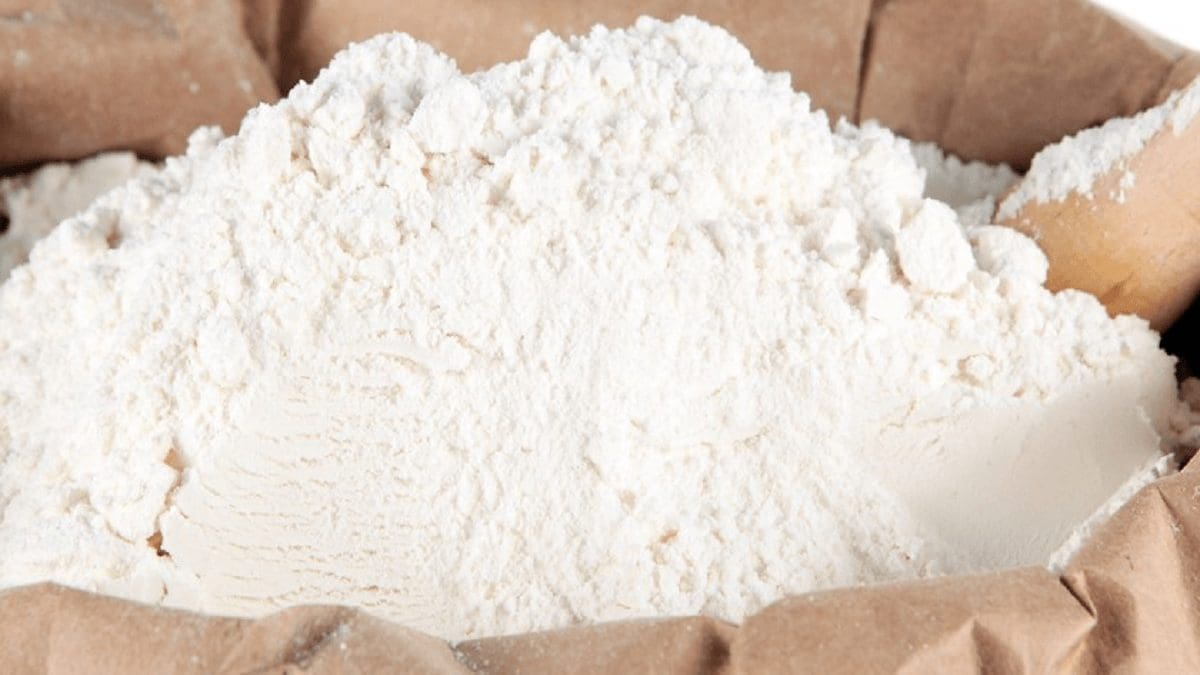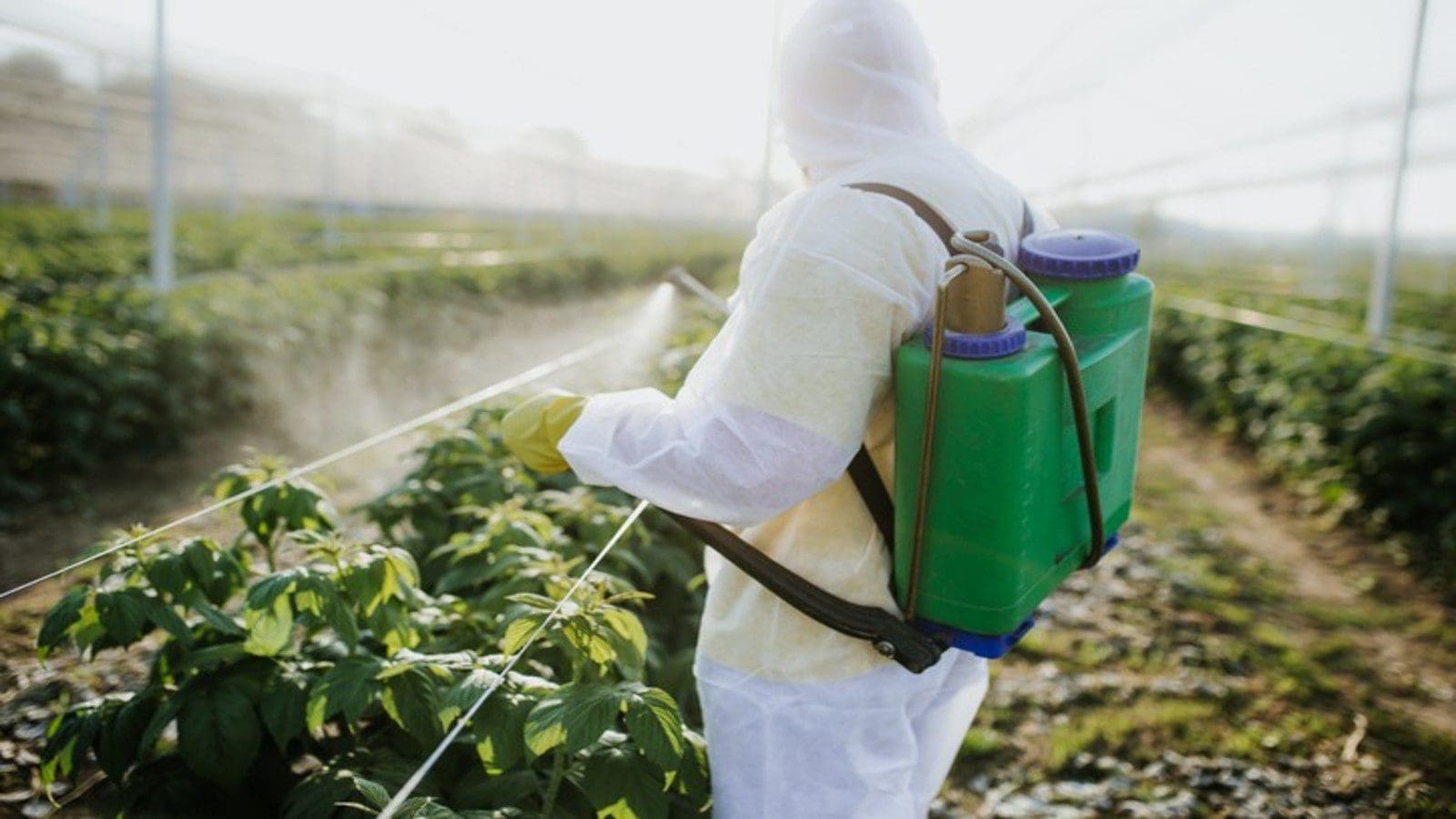MOROCCO – Morocco has during Biofach-2022, the world’s largest trade event for organic foods, earned the certificate of admission for the Moroccan organic standard “Bio-Maroc”, as evidence of its compliance with the IFOAM – Organics International (OI) criteria.
The accreditation was granted following a “comprehensive” evaluation of Morocco’s “Bio-Maroc” national organic standards in conformity to the Common Objectives and Requirements of Organic Standards (COROS), claims the Moroccan Ministry of Agriculture.
The COROS contains requirements that have been found common across many private and government organic standards.
Standards can be compared to this reference in an equivalence exercise, which will highlight their strengths and weaknesses as compared to the international reference.
According to the statement from the ministry, Morocco gains credibility abroad as a result of acquiring this certificate because it conforms with IFOAM-IO requirements.
Additionally, it places the North African nation among emerging markets for organic goods, like Saudi Arabia or Australia, which will aid in the growth of its exports, the ministry continued.
The statement claims that this acknowledgment is the outcome of “close” coordination between the ministry and IFOAM-OI, who are leading the Moroccan-German bilateral cooperation project “Agricultural and Forestry Technical Dialogue (DIAF)”.
Founded in 1972, IFOAM-OI is a membership-based organization working to bring true sustainability to agriculture across the globe.
They build capacity to facilitate the transition of farmers to organic agriculture, raise awareness of the need for sustainable production and consumption, and advocate for a policy environment conducive to agro-ecological farming practices and sustainable development.
To be a Member, more than 50% of an organization’s budget/turnover/activities must be related to organic agriculture.
In line with the definition of organic agriculture, this is based on the principles of organic agriculture, rather than certification.
Morocco has initiated a number of initiatives to promote a green economy, in addition to the Moroccan-German project.
As part of the ongoing development in the agricultural sector and as part of the implementation of the “Green Morocco Plan,” Morocco started the “Green Generation 2020-2030” program in 2020.
More than 12,000 hectares of organic land as well as plants have already been provided through the Green Generation initiative, which seeks to grow 100,000 hectares of organic land by 2030.
The primary agricultural crops include vegetables, citrus, olive, almond, and herb and medicinal plants.
In 2019 compared to 10,000 tons in 2010, more than 17,000 tons of organic products were exported under this initiative.
Citrus fruits, orange juice, frozen strawberries, olive oil, and argan oil are the major components of the Moroccan Bio label.
Liked this article? Subscribe to Food Safety Africa News, our regular email newsletters with the latest news insights from Africa and the World’s food safety, quality and compliance. SUBSCRIBE HERE


